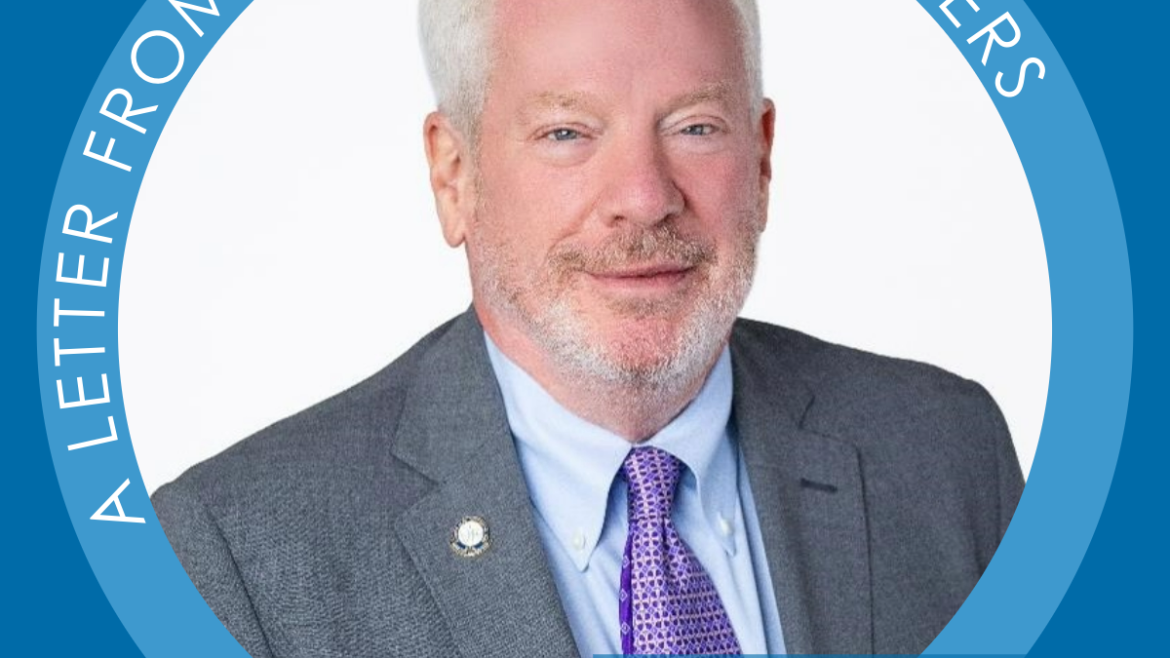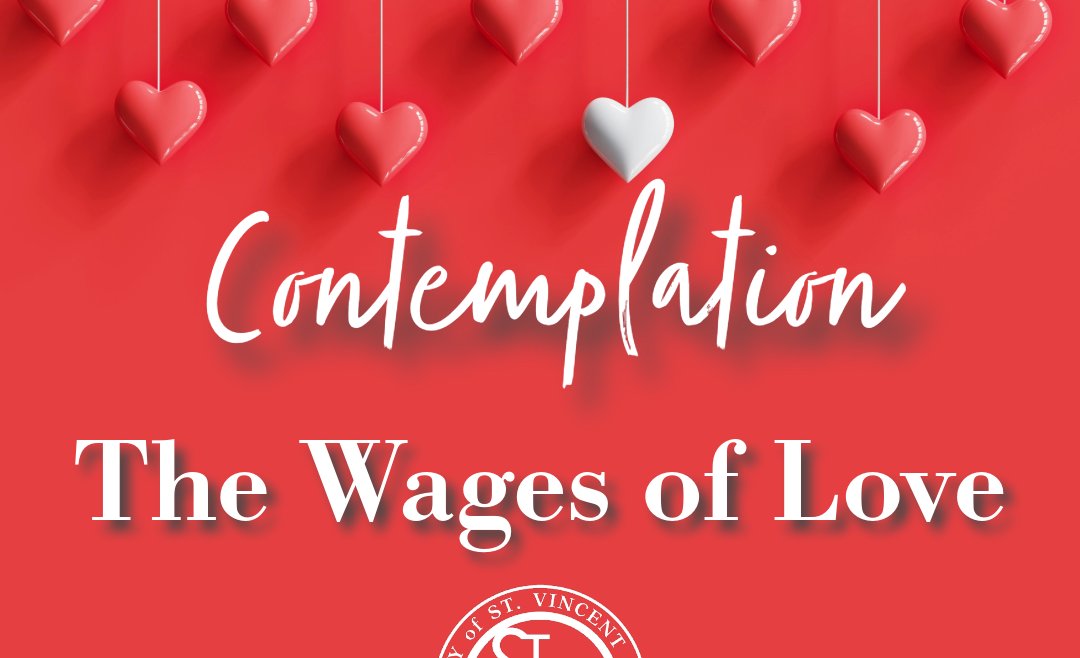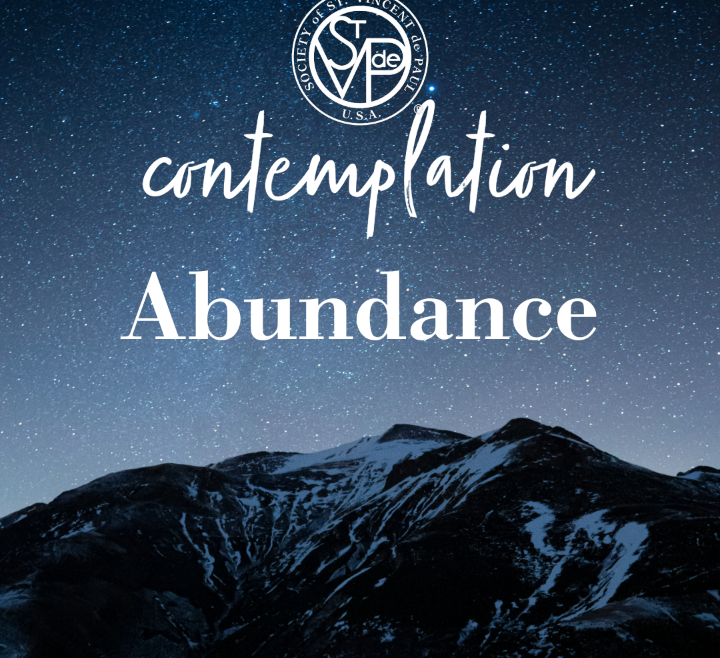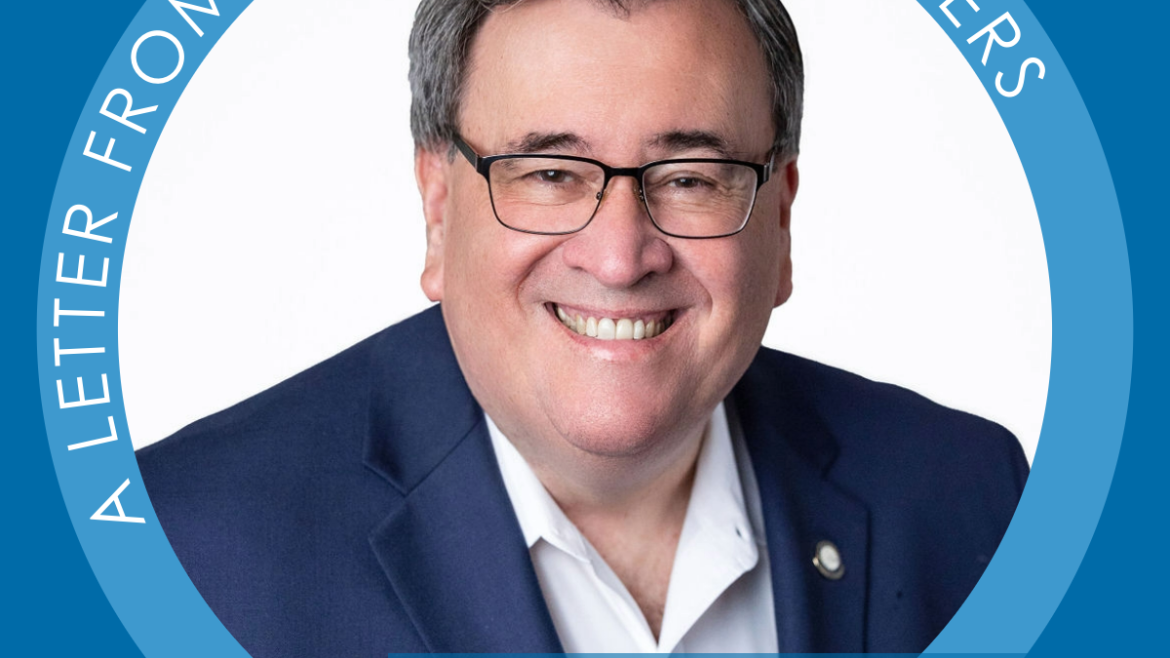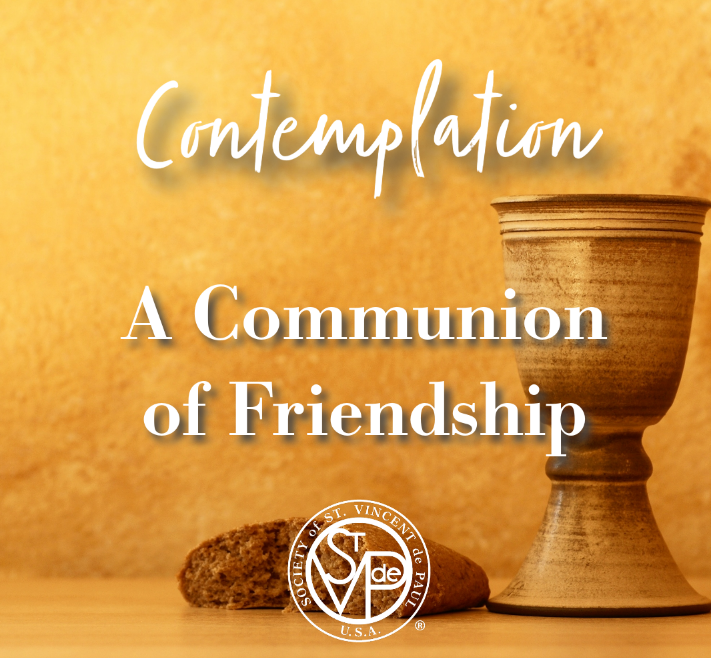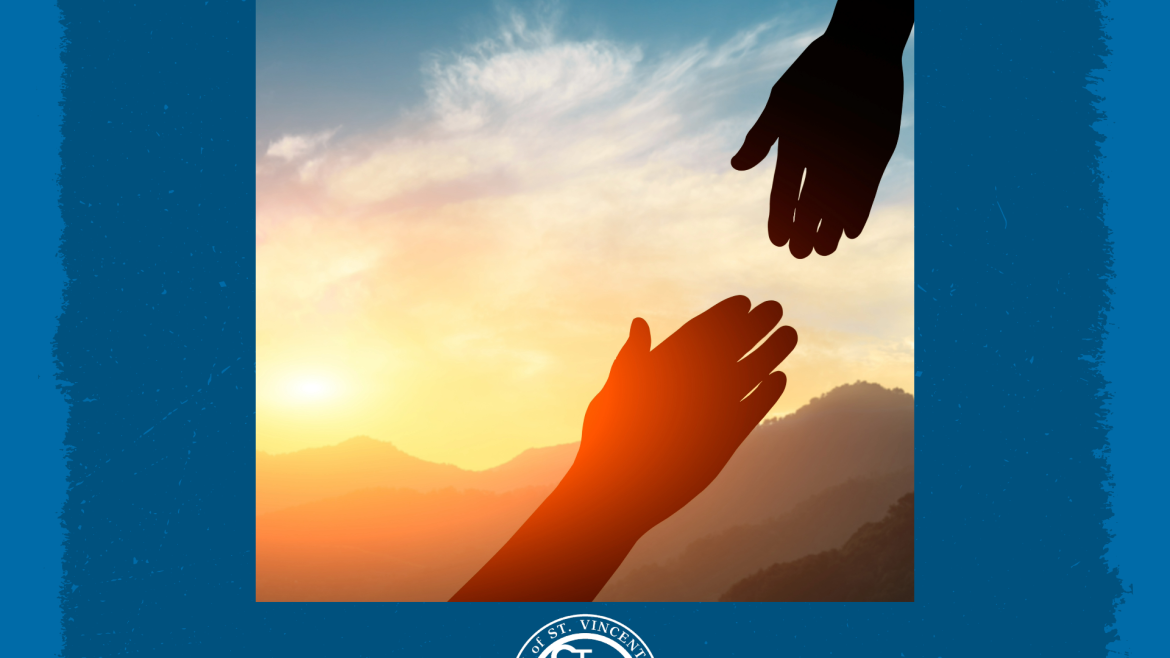Dear Vincentian Friends,
Here we are in a new year. I don’t know about you, but to me it hardly seems possible that 2024 is here already. But it is, and the turning of the calendar at the new year invites us to reflect on the past and envision the possibilities that lie ahead.
It is a time filled with hope and promise, and each of us, in our own way, holds the power to shape the unfolding stories of those possibilities. That’s why new year’s resolutions are so popular — they are our own personal attempt to shape those possibilities. But as we all know, it’s hard work! That’s why the gym is packed the first two weeks of January, but usually back to normal soon thereafter.
New beginnings, as we often experience them, are inherently linked to change. As we say farewell to the familiar and step into the new, we should try and remember that change is not just a passage of time, but a transformative force. It challenges us to grow, adapt, and evolve. In our journey together as a Vincentian Family, change is our constant companion, and it is through our commitment that we can navigate these transitions.
Yet, we also understand that change is not just a series of events — it is an opportunity for an impactful and important transformation of the way we serve those in need. Our mission, rooted in compassion and driven by faith, takes on new dimensions when viewed through the lens of change. It calls us to reassess our strategies, explore innovative ideas, and deepen our impact. Strengthened by our faith, and guided by the Holy Spirit, we then become the architects of this transformation. That is what The Rule calls us to do in Part I, Article 1.6: to ‘Adapt to a Changing World’
Adapting to a changing world while remaining faithful to everything else in the Rule, and our heritage as Vincentians, means aligning our values with the evolving needs of the communities we serve. And understanding that each of those communities is different. How we adapt in New York won’t necessarily look like how we adapt in New Mexico — and that is one of the most beautiful and perfect things about the Society! (But to be honest, also one of the most challenging from a national leadership perspective.)
Embracing change means continually reassessing and expanding our outreach to address emerging challenges, whether they be rooted in poverty, housing, healthcare, or other pressing issues. Drawing inspiration from Catholic social teachings, we strive to innovate programs, foster inclusivity, and collaborate with diverse communities to ensure our services remain relevant and impactful. This means embracing flexibility in approaches while remaining rooted in the principles of compassion, charity, and social justice. It requires a commitment to understanding and addressing contemporary challenges through the lens of our Catholic faith. By staying attuned to the changing landscape, we can better serve our mission, fostering a sense of solidarity and promoting the dignity of every individual, even in the face of societal shifts. Adapting in this context is a dynamic and purposeful journey toward meeting the spiritual and material needs of those we serve.
In this ever-changing landscape, our dedication to serving the vulnerable reflects a timeless and unwavering commitment to the betterment of the human condition.
In the coming year, let us begin this journey with a renewed sense of purpose. Let us embrace change not as a challenge to be overcome, but as a joyful opportunity for renewal and connection with those we serve. Let us be attuned to the changing needs of our communities and respond with agility, guided by the unwavering love and strength granted us by God through the Holy Spirit. Let us shine a light so bright that people from all over come to join us in our mission.
Together, let’s create a path where every act of kindness is a testament to the transformative power of love. May our service be a beacon of hope, illuminating the lives of those in need. In the hope and promise of a new year, may our faith, resilience, and love be the stories that weave a tapestry of compassion, change, and transformation.
Peace and God’s blessings,
John

